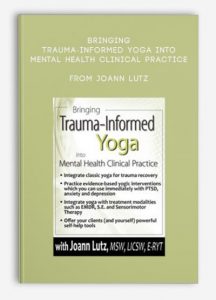 Bringing Trauma-Informed Yoga into Mental Health Clinical Practice
Bringing Trauma-Informed Yoga into Mental Health Clinical Practice
More information about Medical:
Medicine is the science and practice of establishing the diagnosis, prognosis, treatment, and prevention of disease.
Medicine encompasses a variety of health care practices evolved to maintain and restore health by the prevention and treatment of illness.
Contemporary medicine applies biomedical sciences, biomedical research, genetics, and medical technology to diagnose, treat, and prevent injury and disease,
typically through pharmaceuticals or surgery, but also through therapies as diverse as psychotherapy, external splints and traction, medical devices, biologics, and ionizing radiation, amongst others.
Medicine has been around for thousands of years, during most of which it was an art (an area of skill and knowledge) frequently having connections to the religious and
philosophical beliefs of local culture. For example, a medicine man would apply herbs and say prayers for healing, or an ancient philosopher and physician would apply bloodletting according to the theories of humorism.
In recent centuries, since the advent of modern science, most medicine has become a combination of art and science (both basic and applied, under the umbrella of medical science).
While stitching technique for sutures is an art learned through practice, the knowledge of what happens at the cellular and molecular level in the tissues being stitched arises through science.
Outline:
The Yoga Tradition and Neuropsychology
- Yoga, Patanjali and MRI’s
- The importance of heart rate variability (HRV)
- Yoga as a complete system of energy medicine
Embodied Psychotherapy
- The Triune Brain: left out of traditional psychotherapy?
- Regulating the brain’s trauma center
- Tracking body sensation and breathing deeply
- A frame of reference from Somatic
- Psychotherapy
- Neuroplasticity and interpersonal neurobiology
Applying Trauma-Informed Yoga Practices in the Psychotherapy Session
- The evidence in evidence-based yoga practice
- Yoga and polarities
- Guided script for chair yoga:
- 5 trauma-informed chair yoga postures
- Guiding and integrating the poses into your existing treatment modality (EMDR, Somatic Experiencing, etc.)
- Chair trauma-yoga:
- Tracking body sensation
- Gaining self-mastery
- Increasing self-regulation
- Expanding present-moment awareness
- Experience a chair yoga warm up and posture sequence
Yoga and the Breath
- Respiration and the autonomic nervous system (ANS)
- Breathing techniques to regulate the ANS and calm symptoms of trauma, anxiety and depression
- Experience the three-part deep breath and script
Structure of the Embodied Psychotherapy Session or Group
- Evaluating the client
- Opening the session
- Healing polarities:
- Inner/outer
- Sympathetic/parasympathetic activation
- Sensing/action
- Cognitive/somatic
- Inner/outer
- Healthy symptoms of trauma discharge
- Key points in making referrals to yoga classes
Therapeutic Value of Yoga Nidra (Yogic Sleep)
- The benefits of sleeping while awake
- Varieties of Yoga Nidra
- Guided experience of Satchidananda’s Yoga Nidra
- Discussion of Yoga Nidra script
Using Meditation
- The relaxation response
- Mindfulness meditation: open-focused meditation
- A guided experience of both styles of meditation
- The benefits of meditation in the trauma psychotherapy session
Case Study
Description:
Discover yoga-based interventions that can help regulate the autonomic nervous system and learn how to incorporate these interventions into your psychotherapy session.
In this recording, Joann Lutz, MSW, LICSW, E-RYT, teaches you an in-depth training on the principles and practices of trauma-informed yoga, with a special focus on chair yoga practices, yogic breathing exercises, and yoga nidra, the yogic sleep. This workshop also incorporates techniques and theory from trauma studies, somatic psychotherapy and ayurveda. Throughout the recording, you will learn the importance of nervous-system regulation to the process of psychological healing.
Learn first-hand why organizations as diverse as the U.S. Army and the U.S. prison system have embraced yoga as an evidence-based approach to treat post-traumatic stress disorder, anxiety and depression.
Through lecture, experiential exercises, video clips, and case studies, you will leave the workshop with the background and tools you need to add trauma-informed yogic interventions to whatever style of therapy you currently practice.


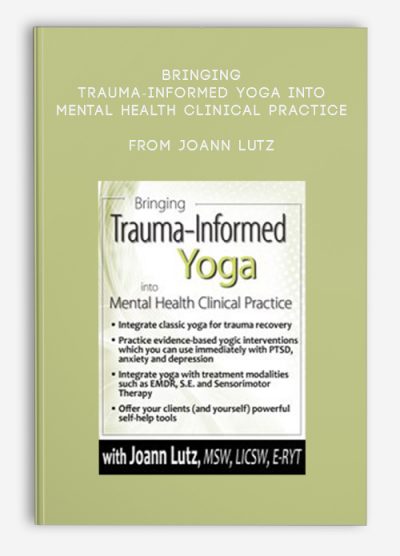
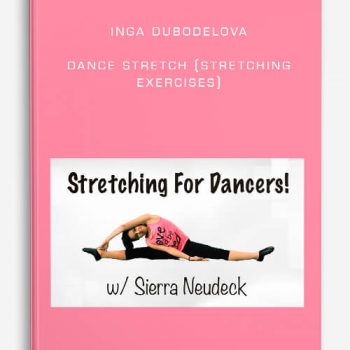
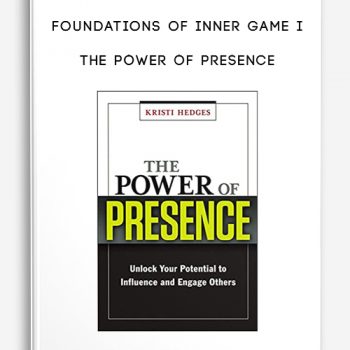

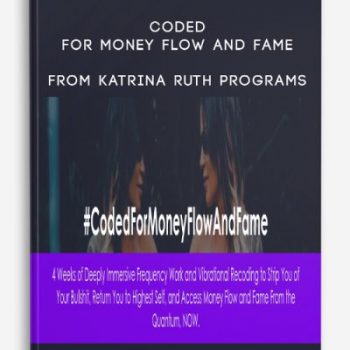



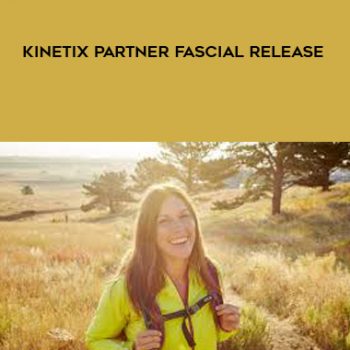


tristian –
This is Digital Download service, the course is available at Coursecui.com and Email download delivery.